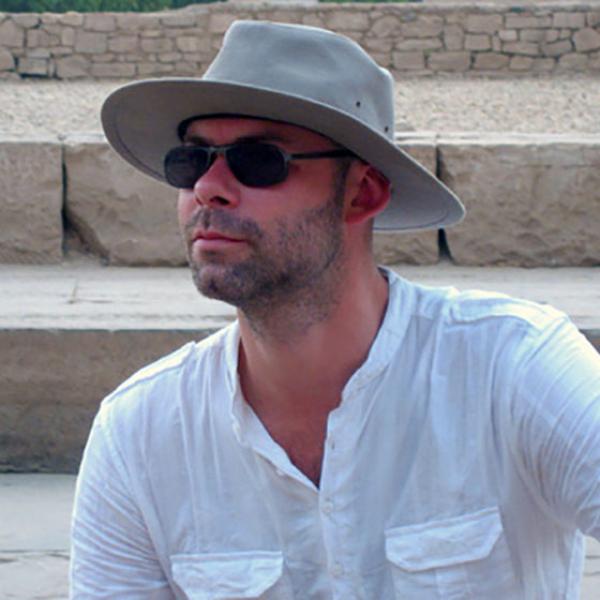Mike Kelland
School of Biosciences
PhD student


- Profile
-
PhD project title: How to cool the planet and save coral reefs by 2100: Experimental investigations of enhanced weathering as a geoengineering CO₂ removal strategy.
Mike’s research investigates the potential for enhanced weathering by C3 and C4 tropical crops, through a series of pot-based controlled experiments with Sorghum bicolor and Glycine max.
Managed agricultural land could be well-suited for the deployment of enhanced weathering not least because the infrastructure and machinery, needed to introduce silicate rocks into soils, may already be present in such regions. Moreover, aside from the potential for carbon capture by this strategy, agronomic co-benefits may also result from mafic rock amendments, such as improved crop yields and soil pH control.
These possible co-benefits will be investigated during Mike’s PhD project, however, his principal focus is to establish whether the selected crops (and their associated soil microbes) can accelerate the dissolution of basalt added into agricultural soil. Furthermore, the effect of basalt grain size on biologically-mediated weathering rates will be discerned from Mike’s experiments, which is of particular interest given the high energy requirements for rock comminution.
Mike has a background in the physical and earth sciences, with an emphasis on evaluating the relative merits of geoengineering proposals. During his undergraduate studies with The Open University he undertook research into ocean fertilisation, direct air capture and stratospheric aerosol injection strategies, whereas his masters degree project investigated the global potential for carbon sequestration by photosynthetic geoengineering approaches.
